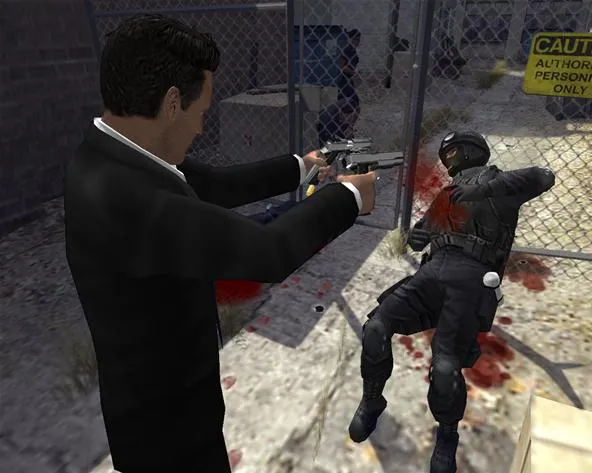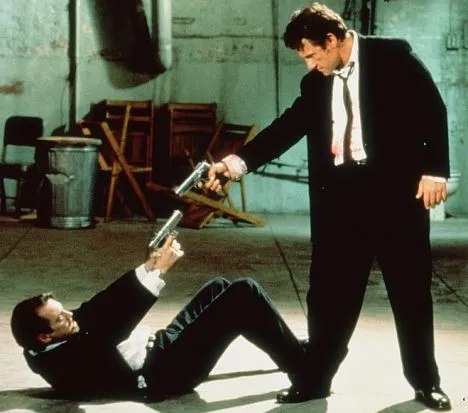Video games are the newest major expressive media. As such, their role in society is still being defined continuously. A monumentally important example of this took place yesterday at the US Supreme Court. After a long deliberation, the highest court in the land handed down a decision invalidating a California law banning the sale of violent video games to minors on the grounds that video games are protected speech under the First Amendment, like movies and books.
In 2005, California Assemblyman Leland Yee of San Francisco sponsored a bill, eventually passed by the state, banning the sale of video games to minors: "in which the range of options available to a player includes killing, maiming, dismembering, or sexually assaulting an image of a human being, if those acts are depicted" in a manner that "[a] reasonable person, considering the game as a whole, would find appeals to a deviant or morbid interest of minors," that is "patently offensive to prevailing standards in the community as to what is suitable for minors," and that "causes the game, as a whole, to lack serious literary, artistic, political, or scientific value for minors."

Any legal scholars reading this can likely see the massive ambiguities in that definition, and ambiguity is anathema to the law. The Entertainment Software Association, a large video game industry trade group, challenged the law before it went into effect in 2005 and had it enjoined. The state of California, led by intrepid and classy then-governor Arnold Schwarzenegger, challenged the injunction through every level of the courts over the subsequent six years until they were finally defeated today by the 7-2 ruling handed down today.
This decision is important not just for its legal implications, but for the social status of video games as well. Justice Antonin Scalia's majority opinion explicitly made video games the equivalent of books, movies, and other more established media in the eyes of the law. This means that it will be hard for states or congress to pass special laws restricting video games, as many nations including Brazil, Australia, and Switzerland already have. And while most Americans don't follow the Supreme Court as closely as American Idol results, the fact that the highest court has essentially declared video games legitimate with this ruling should eventually have an effect on cultural stigma towards them as well.

Justices Breyer and Thomas were the two dissenters and expressed their opinions seperately. Breyer argued it was hypocritical to allow minors to purchase violent video games when they are not allowed to purchase pornography, which the Supreme Court has previously ruled as not protected speech and can be subsequently banned from sale to minors. Thomas claimed that the constitution allows the government to prevent any outside entity from speaking to a minor without a parent's consent, and that the California law met that criteria.
You can read the full text of all the opinions here for more detailed information on the decision. Justice Scalia may be a conservative ideologue, but his opinion is well written and solid enough that liberal justices Kagan and Sotomayor both signed off on it. This may be the last time that happens for quite a while, which makes this case even more of a landmark.






Comments
Be the first, drop a comment!